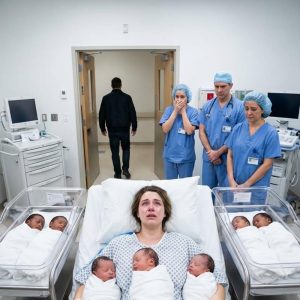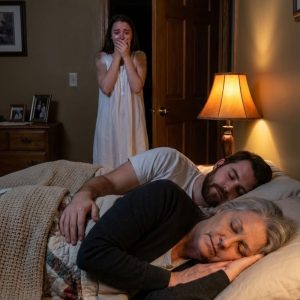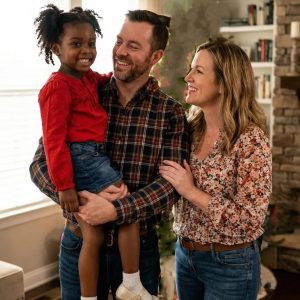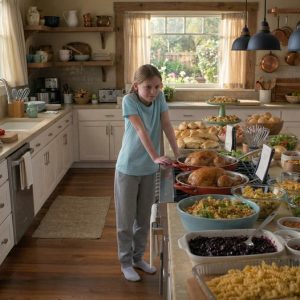I thought forty years in a classroom had shown me every possible version of human behavior. I’d taught angels and terrors, liars and truth-tellers, the heartbreakingly kind and the casually cruel. I really believed nothing could surprise me anymore.
Then my son married Diane.
She’s the sort of woman who shares “Be Kind” quotes with soft sunsets and butterflies on social media, then snaps at waitresses for not refilling her water fast enough. She sends back online orders because the cardboard box has a crease. She once complained that the ice in her glass was “too loud.”
When Thomas first brought her over three years ago, I smiled my practiced, polite smile and kept my mouth shut. A mother learns when to speak and when to watch. And at the time, we were all still raw.
We’d lost Sarah—my first daughter-in-law, and as dear to me as any blood relative—to cancer not long before. She was sunshine in human form, the kind of woman who made holidays feel like magic and Tuesdays feel important. Her death hollowed the house out, but nobody suffered like my granddaughter, Ellie.
Ellie was thirteen, all long limbs and fragile bravery. I watched her move through that grief with a quiet strength that made my chest ache. Standing beside her at Sarah’s funeral, listening to the hollow scrape of the coffin being lowered, I promised myself one thing: I would not let anyone, ever, dim that child’s light. Not as long as I could still stand upright.
Diane? At best, she tolerated Ellie. When Thomas was in the room, she managed a brittle sort of politeness. When he wasn’t, the mask slipped and I saw the irritation, the impatience. I kept my distance and counted my silences as self-control.





